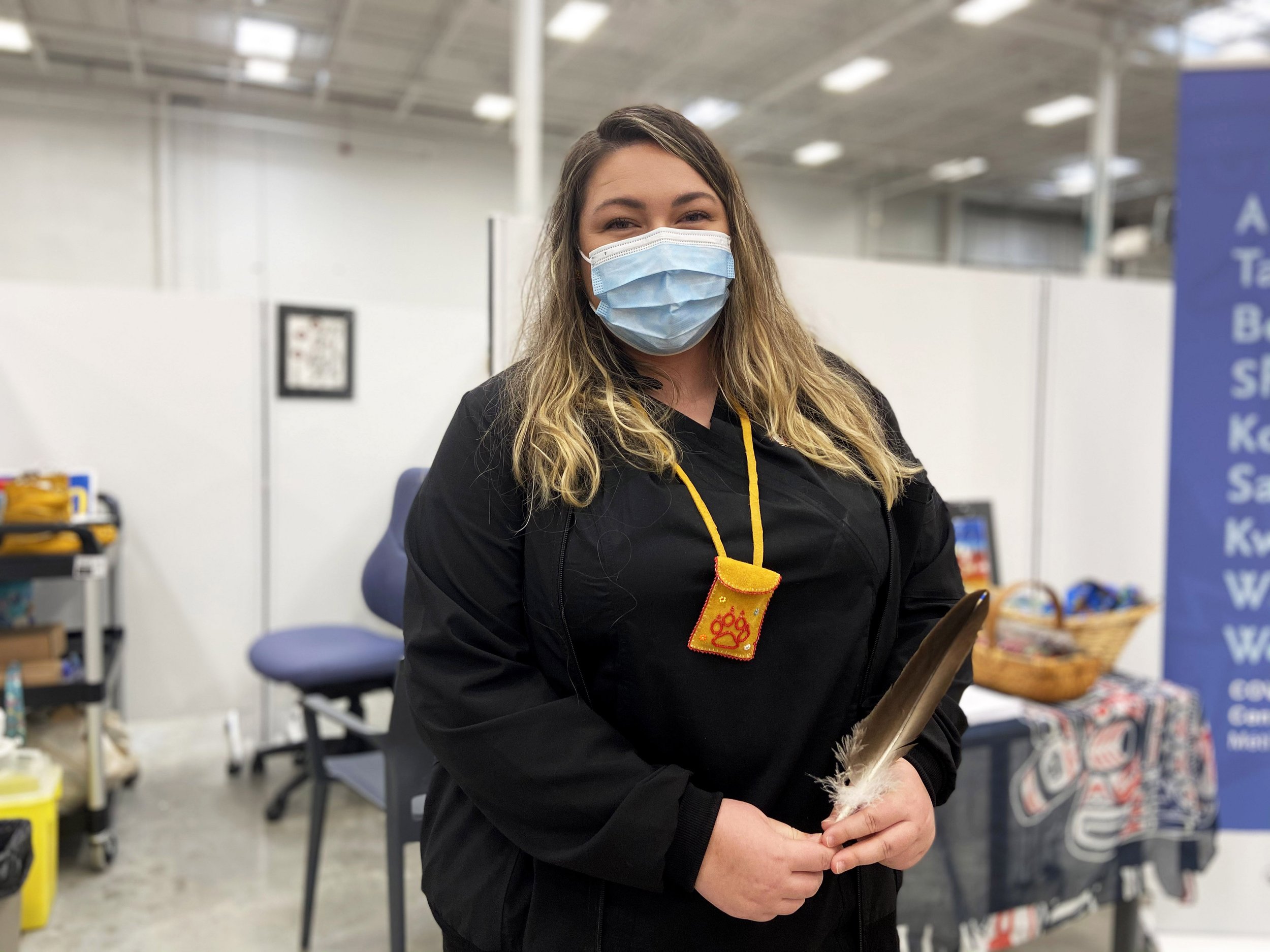Indigenous Health in Indigenous Hands must become more than just words
Photo courtesy of Southwest Ontario Aboriginal Health Access Centre
Written by Brian Dokis, Chief Executive Officer, Southwest Ontario Aboriginal Health Access Centre
This year, perhaps even more than any other time in recent history, there is more awareness about the dire inequality and injustice faced by Indigenous Peoples in Canada.
This is a good start. But we have so much more to do, together.
In order for that to happen, Canadians need to continue to learn (and unlearn) truths about colonialism in their country, and the very real trauma and harm that continues for Indigenous peoples today.
That includes systemic racism and oppression in our healthcare system.
There has long been ample evidence that Indigenous Peoples have significantly poorer health outcomes than average Canadians.
Rates of chronic health conditions among urban Indigenous adults are between 2 to 10 times higher than the general population. This has been linked to disproportionate levels of poverty, adverse living conditions, and racism. For Indigenous children, factors such as diet, discrimination, and environmental pollution increase the likelihood of chronic diseases, and increase the chances of multiple health conditions in adulthood.
At the same time, we have seen numerous ongoing and devastating examples of racism in our healthcare system, including the death of Joyce Echaquan, in which it has been officially concluded that racism and prejudice contributed to her death.
We need to transform the healthcare system.
Along with greater access to what should be fundamental rights -- affordable and nutritious food, adequate housing and clean drinking water -- there is also an urgent need for Indigenous peoples to be able to access care that is culturally-aware.
Culturally-aware care encourages intentional and respectful awareness about differences between cultures and acknowledges these differences when providing health care. It also recognizes that because of systemic racism and prejudice within the healthcare system, there is a lack of trust by Indigenous people in the system, which may contribute to hesitancy around seeking care.
Further, because of pandemic-related delays and cancellations for appointments and treatments of all kinds, we are very likely to see an increase in the number and severity of chronic diseases, from diabetes to cancer, in Indigenous populations as we move through and beyond the pandemic.
That means things are going to get more difficult, not less difficult, for Indigenous Peoples in Southwestern Ontario and across the country.
So what can allies do to help change these dire realities?
Demand change.
Advocate to your elected officials to dedicate more physician resources to Indigenous care.
Ask healthcare professionals and institutions what they are doing to combat systemic racism and provide culturally-aware care.
Investigate how your workplace, regardless of industry, can engage in Indigenous cultural competency training.
Support organizations like ours, the Southwest Ontario Aboriginal Health Access Centre, and our partners at N’Amerind London Friendship Centre, Atlohsa Family Healing Services, Biigajiiskaan: Indigenous Pathways to Mental Wellness, and other Indigenous-led organizations.
And, confront harmful stereotypes and racist attitudes toward Indigenous peoples wherever you encounter them.

